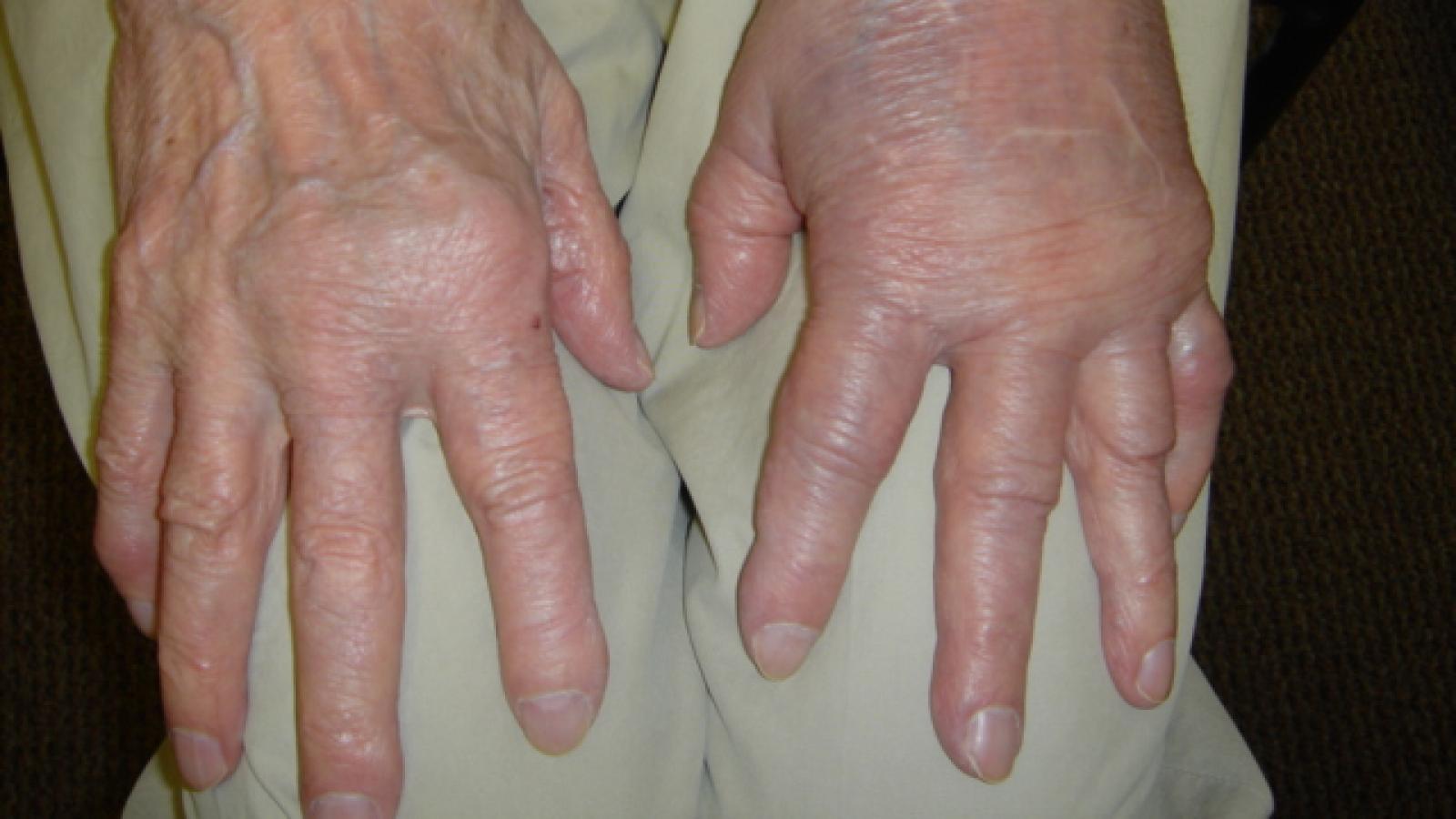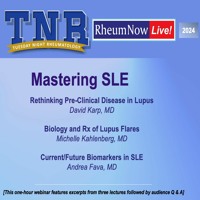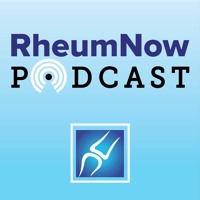The opening of ACR2 Convergence was a hit for all who signed up and viewed in. The day included the presidential address by outgoing president Dr. David Karp (UT Southwestern) and a keynote talk and interview with Dr. Seema Yasmin (Stanford).
The Year in Review featured a clinical vs basic science Brigham and Women’s Hospital faceoff between its two faculty, Dr. Karen Costenbader and Dr. Michael Brenner.
Appropriate assessment and management of comorbidities and multimorbidity in patients with RA is vital for overall health and well-being of the patient, as well as to encourage treatment adherence, and address social, psychological and quality of life factors.
Growing awareness of spondyloarthropathies over the last two decades has led to a better understanding of the pathophysiology of spondyloarthritis, and subsequently increased interest in more distinct, disease state specific treatment options.
Giant cell arteritis is associated with significant treatment related morbidity due to the dependence on glucocorticoids as a treatment option. After sixty years of therapeutic stagnation, these are exciting times in the management of GCA. At this year's ACR Convergence meeting, encouraging data will be presented on options for GCA.
Patients with clinically suspect arthralgia can represent a challenge for clinicians, in a sense that there are not yet reliable markers to predict evolution to clinical RA nor enough evidence to support routine prescription of conventional synthetic DMARDS or biologic treatments in this setting.
Patients with rheumatic diseases – requiring lifelong immunosuppressants— are at high risk for respiratory and viral infections. Over the past decade, an armamentarium of biologic and targeted therapies has led to better control of disease activity in patients with rheumatoid arthritis. Whether these patients, especially those receiving newer biological and targeted therapies such as JAK inhibitors, are at an increased risk of severe COVID-19
Dr. Cush reviews the news, and kicks off ACR21 learning and how to take in the annual meeting.
Mysteries behind polyautoimmunity have confounded rheumatologists for decades. One such association, the co-existence of Familial Mediterranean Fever (FMF) and axial spondyloarthritis (axSpA), remains rare. In fact, we believe the rate to be between 0.5% and 7.5%. Two abstracts looking at axSpA and FMF were highlighted during ACR Convergence 2021.
Since the start of the pandemic, hydroxychloroquine (HCQ) was forced into the limelight for the prevention/treatment of COVID-19. When it was found to be ineffective for COVID-19 and might cause potential harm, the drug came under closer scrutiny for its safety profile.
CreakyJoints will present 11 posters and two oral presentations at ACR 2021. COVID-19 research revealed significantly high levels of anxiety, anger, depression, and social isolation, which were linked to medication interruptions and associated flares suggesting during the pandemic, patients often felt unsupported by all levels of the healthcare system.
The pharmaceutical companies will feature the results of their pivotal clinical trials and data analyses at ACR Convergence 2021. Below is a listing of some of their best studies for you to review and look for in the meeting. Often these become the pivotal studies for regulatory approval and the annual congresses are their first look.
Bristol Myers Squibb
New research presented this week at ACR Convergence, the American College of Rheumatology’s annual meeting, shows that allopurinol and febuxostat may effectively lower urate levels when used in a treat-to-target approach. Importantly, both urate-lowering therapies were very effective with 90% of patients reaching target urate levels. Additionally, both appeared safe, with no evidence of increased cardiovascular toxicity (Abstract #1900).
The pharmaceutical companies will feature the results of their pivotal clinical trials and data analyses at ACR Convergence 2021. Below is a listing of some of their best studies for you to review and look for in the meeting. Often these become the pivotal studies for regulatory approval and the annual congresses are their first look.
Aurinia
Post-pandemic structured surveys and interviews with rheumatology patients suggests they may prefer for face-to-face consultations, as telehealth visits run the risk of diagnostic inaccuracies and safety concerns.
Researchers surveyed a total of 1,340 (UK) patients and 111 clinicians n = 111 and interviewed 31 patients and 29 clinicians between April and July 2021.
New research presented this week at ACR Convergence, the American College of Rheumatology’s annual meeting, shows that proactive therapeutic drug monitoring, a newer treatment strategy where a patient’s drug serum levels are regularly assessed to adjust the dose and intervals,

































 Poster Hall
Poster Hall